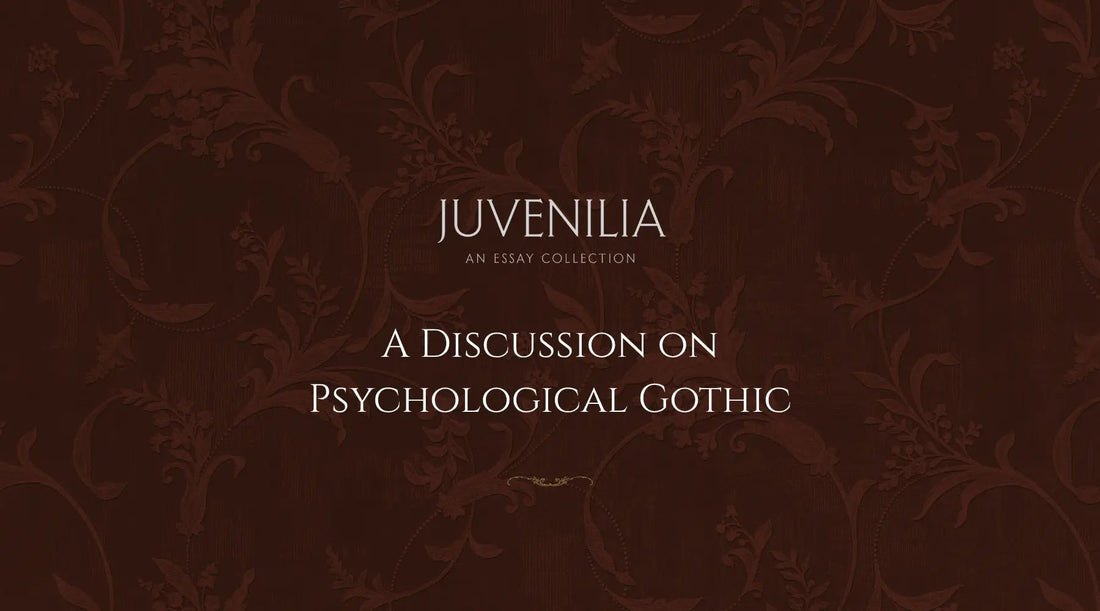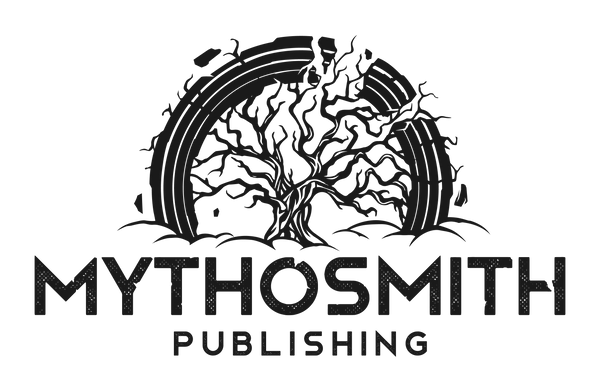
A Discussion on Psychological Gothic
The two pieces you will read this week have a great deal to do with how our modern conceptions of the gothic are understood -- first, Freud's "The Uncanny" or unheimlich is not easily measured or explained but easily felt and second, Hoffmann's story is an attempt to describe it. Do you think our modern expressions of this idea are found in any other readings you've done? Can you think of an example where you felt something was unheimlich?
First off, "The Uncanny". Thought-provoking, stirring, engaging... if not a little convoluted and dense at times. It's the type of thing that I felt I understood, but I am not able to articulate quite how. My German is not good (this is to say, non-existent), so bits that went into German linguistics went over my head I fear. I was proud of myself for being able to predict where the discussion was leading, picking up on elements of the uncanny before Freud dispensed his own thesis upon it, such as the distinction between "uncanny" in reality versus fiction, and matters of the difference in suspension of belief, where the focus is in the story, and the expectation set up at the beginning (or the explicit lack thereof.) My head hurt a little, so I know it's working lol. My head, that is, not necessarily the practicality of knowing what is uncanny and what is not and where. I enjoyed the bits that seemed to move into mysticism and Law of Attraction.
As for The Sandman, I actually preferred the Essay to the short story. For some reason, I found it difficult to get through the story even though it was certainly an easier read than Freud's. If nothing else, I have an even bigger appreciation for 'Enter Sandman' by Metallica, one of my favourite songs by them. I have experienced déja vu many, many times, but I'm not sure that constitutes exactly what is meant by unheimlich or uncanny, though it can. I think a part of the uncanny has to have elements of the inexplicable, but also something that feels unhinged or potentially dangerous which is where my déja vu falls short. I read "The Monkey's Paw" when I was twelve because it was my mom's favourite story, and the scary thing to me was the repetition and the sense of something being "off" even if you could not explain just what or why that was the case. While that's my mom's favourite, mine would be "The Willows" by Algernon Blackwood.
Keeping Things Fresh
Although one of these writings is theoretical and the one is fictional, what do they have in common? Are they significant for the reading of Gothic literature in the twenty-first century?
When something becomes known, the impact is lessened and things that may have once been the height of horror or been unsettling become cheapened. If a pattern can be deduced, or if a reasonable explanation can be supplied, it relaxes the human mind because if something is known, it can be dealt with/defeated etc. When something is watching you in the dark, that's infinitely scarier than the same situation in the light of day, and it has everything to do with the unknown and the unseen. The result is the fact that until one has awareness, nothing can be done to thwart it. In both scenarios of being watched in the day vs night, your instincts will tell you you are being watched, but in the light, you have the ability to look around and notice it. At night, that visibility is greatly lessened (Silence of the Lambs where the bad guy had night vision goggles and was toying with her).
The uncanny is important for modern readers because it elevates the reaction and responses one may have. It's a bit like being desensitized to violence and such, and when one encounters it often, there is a tendency to become numb to it. Reading fiction is similar. If the same plots, schemes, themes, resolutions are always utilized, it creates boredom and what might have been new in 17th c. is old news now. I think that's why gothic literature has had to get darker and darker as time goes on, because if it did not do that, the genre would die out and become stale. There needs to be a balance between 'new' and 'vague' as well as a sense of 'inexplicable' all while building on old framework. On Goodreads, so many people rate The Castle of Otranto poorly, but it's because they have been desensitized by modern stuff and don't understand that, as it was the first time something like that came out, it would have been revolutionary, not boring. We expect more than classic novels can give us at times, and so for modern readers, the uncanny is a way of providing that.
